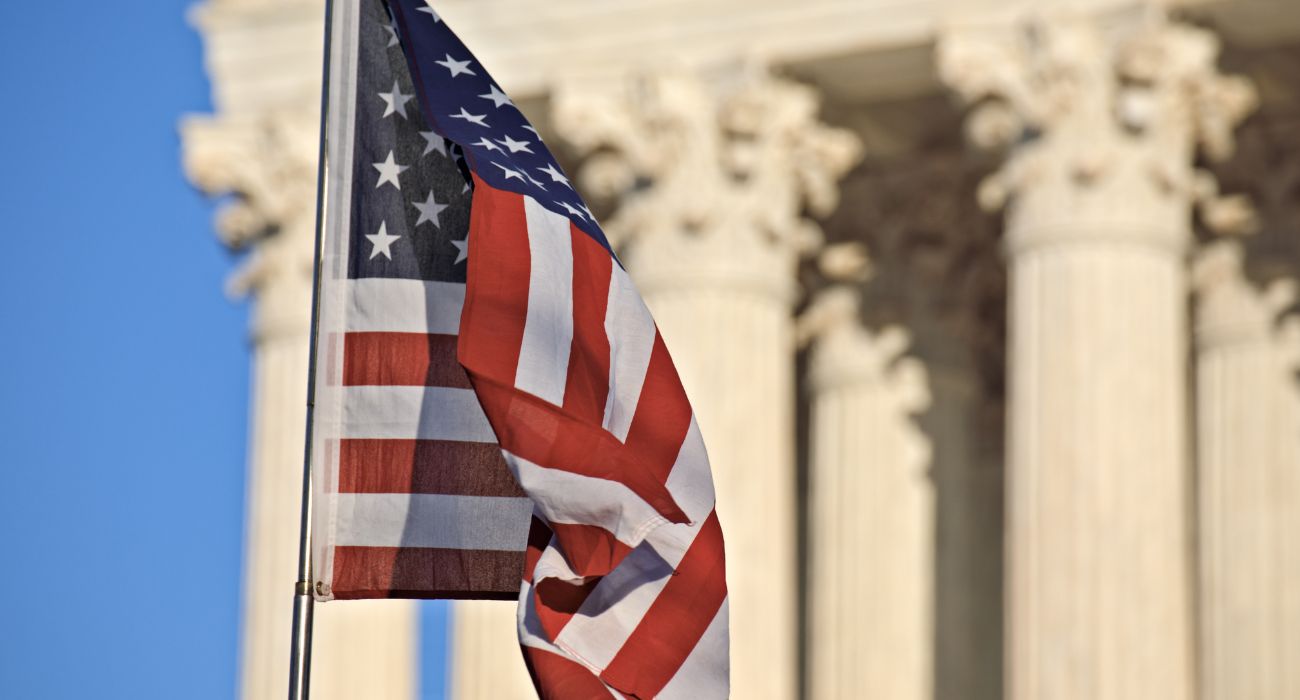Texas universities are reacting to a recent decision by the U.S. Supreme Court, which ruled that race-based admissions were unconstitutional.
As reported by The Dallas Express, the Court struck down considerations of race in college admissions in a pair of rulings issued on June 29.
In Chief Justice John Roberts’ decision in one of the cases, he wrote, “[Students] must be treated based on his or her experiences as an individual — not on the basis of race.”
“Many universities have for too long done just the opposite,” he continued. “And in doing so, they have concluded, wrongly, that the touchstone of an individual’s identity is not challenges bested, skills built, or lessons learned but the color of their skin. Our constitutional history does not tolerate that choice.”
The ruling will likely have immediate implications for Texas universities that have practiced race-based admissions, but some suggest they will continue the practice.
The University of Texas at Austin, the only public university in Texas to consider race in admissions, said in a statement:
“Since the Supreme Court’s 2016 ruling in Fisher v. University of Texas, the University of Texas at Austin has continued to recruit and enroll consistently stronger classes composed of students from diverse backgrounds and perspectives, and improved graduation rates among all students, especially those who are underrepresented or first-generation.
“While doing so, the University has lawfully been considering race among many factors as part of its comprehensive and holistic admissions process. UT will make the necessary adjustments to comply with the most recent changes to the law and remains committed to offering an exceptional education to students from all backgrounds and preparing our students to succeed and change the world,” the statement concluded.”
Private colleges, like Rice University, responded similarly to the decision, saying, “We are greatly disappointed that American universities will no longer be allowed to consider an applicant’s race as one of the countless important factors in an admissions application.”
“But as one justice observed today, ‘Deeming race irrelevant in law does not make it so in life.’ For that reason, we are more resolute than ever that every day at Rice, we will pursue and celebrate the excellence that a richly diverse student body, filled with its manifold experiences, brings to our community of scholars,” the statement continued.
“The law may change, but Rice’s commitment to diversity will not. Together, we will do everything we can — and everything we must — to maintain and expand the excellence, diversity and vibrancy of the Rice community,” the statement concluded.
Dallas’ Southern Methodist University has also historically employed race-based admission standards.
Its University Policy Manual explains, “The University will identify, initiate, and implement policies and programs that will facilitate nondiscrimination, promote affirmative action and take remedial measures as indicated to enhance diversity among its students, faculty, staff and administration.”
In a statement provided to The Dallas Express, SMU President R. Gerald Turner said, “As we reflect on today’s U.S. Supreme Court decision on the use of race in university admission practices, let me reassure you of SMU’s dedication to our mission and core values — including our commitment to an inclusive student body, faculty and staff.”
“Despite the implications this ruling may have on policies and practices at SMU and every other college campus in America, we will continue to be a welcoming and supportive community,” he promised. “We will determine how the specifics of the high court’s ruling will affect the consideration of race in our enrollment efforts.”
“We will meet this challenge while continuing to build a community that mirrors our global society. Change can be unsettling, but SMU has a long history of adapting and growing in the pursuit of our mission,” Turner declared.
“Although we are committed to sharing information and working through these changes together in a manner that maintains our values, it will take some time for the University to analyze the ruling and its impact,” he noted. “I want to thank you in advance for your patience during this process.”
The argument over the merits and faults of race-based admissions is a longstanding one.
For instance, on the side opposing affirmative action as far back as the 80s was William Bradford Reynolds, assistant attorney general for Civil Rights during the Reagan administration. He said in 1983:
“It is wrong when the government bestows advantages on whites at the expense of innocent blacks; it assumes no greater claim of morality if the tables are turned. … Whatever group membership one inherits, it carries with it no entitlement to preferential treatment over those not similarly endowed with the same immutable characteristics.
“Any compromise of this principle is discrimination, plain and simple, and such behavior is no more tolerable when employed remedially, in the name of ‘affirmative action’ or ‘racial balance,’ to bestow a gratuitous advantage on members of a particular group, than when it is divorced from such beneficence and for the most invidious of reasons works to one’s disadvantage.”







Trackbacks/Pingbacks